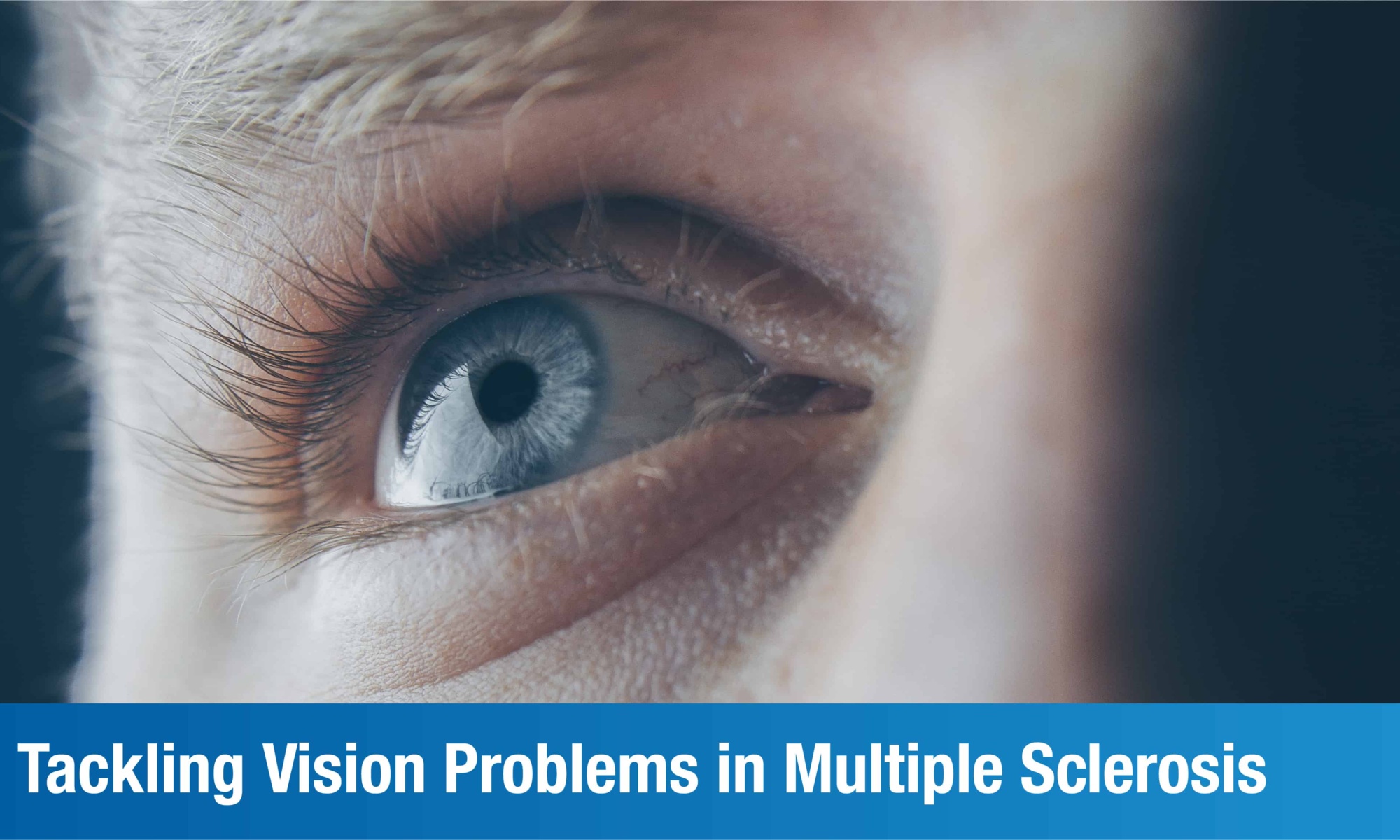
For those with Multiple Sclerosis (MS), the abrupt development of visual issues such as double vision, eye discomfort, or blurring can be alarming. However, receiving the best multiple sclerosis treatment in Bangalore, as well as a complete understanding of its associated eyesight issues, may aid in dealing with the ailment.
Understanding the Vision Problems associated with Multiple Sclerosis
Multiple sclerosis is a chronic disease that affects the brain, spinal cord, and optic nerves in the eyes. It is a degenerative disease in which the immune system attacks the protective coating (myelin) that surrounds nerve fibers. As a result, this can cause communication difficulties between the brain and the rest of the body.
Multiple sclerosis can eventually cause chronic nerve damage or degeneration, resulting in a variety of common symptoms such as limb weakness or numbness, tremor, unstable gait, and tingling or stinging sensations in various parts of the body.
In addition to these symptoms, Multiple Sclerosis can produce a variety of visual difficulties, which are the condition\’s initial indications. Before we go into how to deal with these visual difficulties, let\’s first assess the different types.
Types of Vision Problems in Multiple Sclerosis
Vision difficulties in people with Multiple Sclerosis might be frequent as they may have sustained damage to one or both eyes. However, if they become permanent, a person\’s ability to understand and recognize the varied types, may help him or her to be prepared.
Common visual problems caused by Multiple Sclerosis include:
Involuntary Eye Movement
Nystagmus is a rhythmic jerkiness in one or both eyes that can occur in one or both eyes. As a result, many patients are unaware that they have it, as it does not usually impact their vision, until detected in an examination. In such circumstances, the objects appear to move back and forth, shake, or wobble.
Double Vision (Diplopia)
When the neural pathways that govern eye movements are significantly damaged, double vision or Diplopia results. This results in symptoms such as nausea and dizziness as well as seeing two of whatever they are looking at — side by side or stacked on top of each other.
Blindness
As a result of advanced demyelination, people with Multiple Sclerosis may become blind, either partially or completely. It might cause lasting damage to the eye.
Optic Neuritis
When the optic nerve between the eye and brain is damaged, Optic Neuritis develops. This condition generally affects just one eye and is most frequent in people with Multiple Sclerosis. It results in blind spots or impaired vision areas, surrounded by a normal vision area. People may suffer discomfort in addition to having significantly impaired color vision.
Methods for Dealing with Vision Problems in Multiple Sclerosis
Having vision problems as a result of Multiple Sclerosis might be worrisome. However, there are several things you could do to help deal with the problems:
-
- Get the required treatment
Early detection and treatment can help to lessen the severity of visual problems and avoid long-term harm. While there are numerous treatment choices for each type of visual disturbance, some of the most often utilized treatments include wearing an eye patch, receiving steroid injections, and taking appropriate medication as prescribed by the doctor.
-
- Minimize visual disturbances
While vision disturbances in Multiple Sclerosis are unavoidable, there are many actions that may be taken to assist, prevent, or minimize the chance of their development. Resting one’s eyes during the day or whenever feasible, might help avoid or decrease the severity of an impending flare-up.
-
- Identify your triggers
Identifying triggers can help avoid or minimize the frequency of Multiple Sclerosis relapses. Some of the most prevalent causes are cold weather, stress, and lack of sleep, which induces stiffness and brings about feelings of exhaustion.
Those with Multiple Sclerosis are advised to wear cooling vests or neck wraps to keep their body temperature stable during outdoor or athletic activities. Other alternatives to reducing relapses are light clothing and drinking cold liquids.
-
- Seek assistance
Vision issues can have a considerable influence on one\’s life, both in terms of daily functioning and mental well-being. An individual\’s ability to prepare for and accept visual changes that may become permanent in the future can be strengthened by finding a supportive, understanding group of friends, family, and community members.
Problems in vision can occur during a flare-up of Multiple Sclerosis, but they can also diminish over time. It is possible to slow the progression of Multiple Sclerosis and avoid additional damage by receiving the best Multiple Sclerosis treatment in Bangalore in the form of Cell Therapy, Physical Therapy, and Occupational Therapy.










